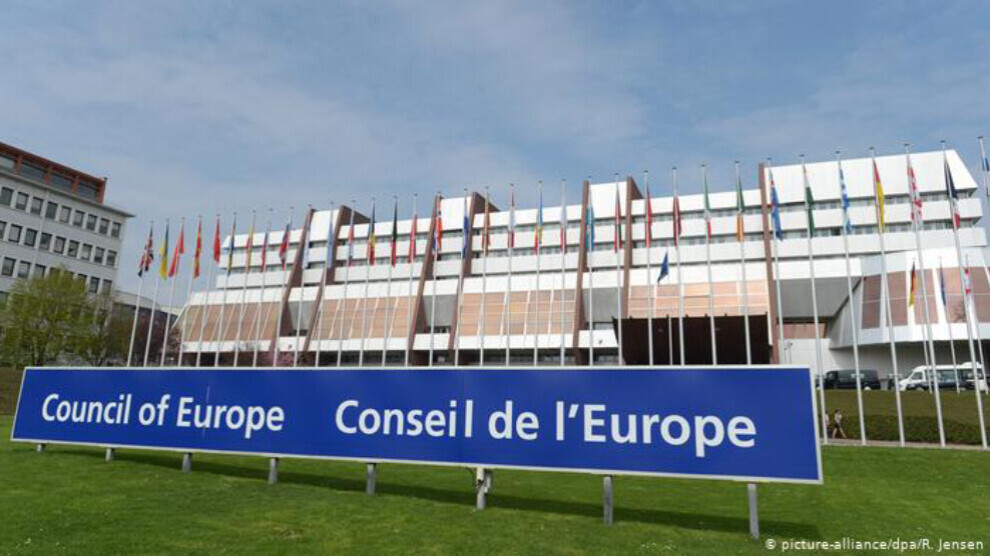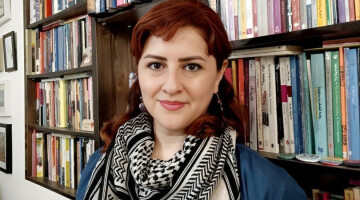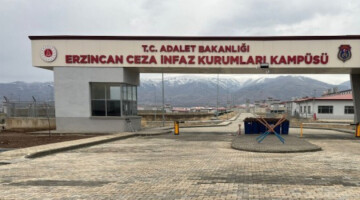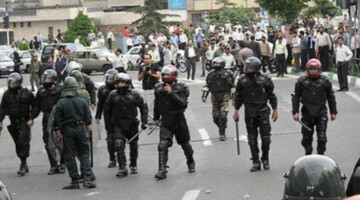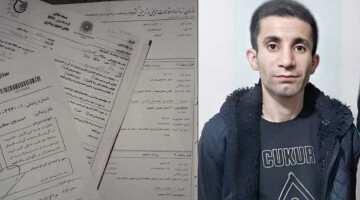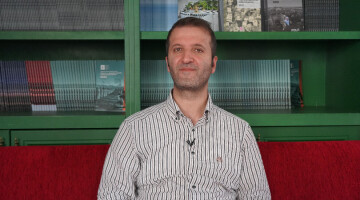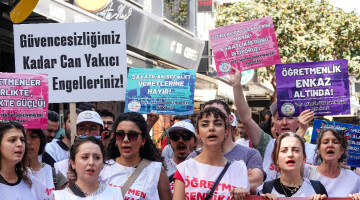The Freedom Lawyers Association (ÖHD), the Human Rights Association (IHD), the Human Rights Foundation of Turkey (TIHV) and the Foundation for the Study of Society and Law (TOHAV) have addressed an open letter to the Committee of Ministers of the Council of Europe, calling on it to monitor the implementation of the judgments of the European Court of Human Rights (ECtHR) regarding the detention of Abdullah Öcalan, Hayati Kaytan, Emin Gurban and Civan Boltan.
The Committee of Ministers is obliged to monitor and ensure compliance with the decisions of the European Court of Human Rights. The letter of the human rights organizations is about the implementation of the ECtHR ruling, which stated that it is contrary to the right to hope stipulated in Article 3 of the European Convention on Human Rights that Abdullah Öcalan, Hayati Kaytan, Emin Gurban and Civan Boltan are in aggravated life imprisonment without the possibility of parole suspension. This issue should be put on the agenda of the weekly meetings of the Committee of Ministers and raised in diplomatic relations with Turkey, it said. In line with the ECtHR rulings, all prisoners must also be given the opportunity to benefit from the right to conditional early release without discrimination by the Turkish judiciary.
In their letter, the human rights organizations recall a statement made by then-Turkish Deputy Prime Minister Mehmet Ali Şahin during the debate on the abolition of the death penalty: "When you execute a person, he dies once. When you impose a serious punishment, you kill him every day." The application underlined that Şahin’s statement meant that the government intended to impose a heavier sentence on Abdullah Öcalan and other people on trial for political reasons.
The application said that the “Action Plan” introduced by the government on July 24, 2015, did not contain any step to correct the current situation in which there is no prospect of a release.
The following statements were included in the letter:
“* The Turkish government’s Action Plan does not include a plan to remove the ban on conditional release, legislative changes or significant measures to stop violations.
* It is understood that the ECtHR ruling that the rights of Öcalan (2), Kaytan, Gurban and Boltan were violated with life imprisonment without a prospect of conditional release in Turkey has not been brought up by the Committee of Ministers.
* Efforts to abolish aggravated life imprisonment have not been taken care of by the Turkish government, and the proposals made by different political parties are not evaluated.
* The amendment in Law No. 7242 and Article 89 of the Law on Execution of Sentences does not include a prospect of release in terms of aggravated life imprisonment. The structure of the administration and observation boards consisting of prison staff, the limited involvement of the convict in the evaluation process, and the inadequacy of procedural safeguards are the outstanding issues.
* The Turkish Constitutional Court (AYM) did not make a decision based on the right to hope. It is observed that the AYM refrains from making an evaluation because of the ECtHR's rulings that Turkey violates the right to hope.
* Requesting data on aggravated life sentences from Turkey is necessary in order to evaluate the current situation.
* The cases of Öcalan (2), Gurban, Kaytan and Boltan should be immediately put on the agenda at all weekly and periodic meetings of the Committee since the first violation decision was dated March 2014.
* The Committee should raise the issue in bilateral diplomatic relations.
* Individual committee member countries should also evaluate the subject of the application.
* The committee should request a new updated Action Plan from the government of Turkey.
* Individual and general measures should be included in the revised Action Plan concerning the other 3 applicants.
* Based on the procedure followed in Laszlo Magyar vs. Hungary case, the Committee should request from the Turkish Government statistical information for the entire case group, including “how many people have been sentenced to an aggravated life sentence in the country, how many people are given this sentence by years and for how many years those given an aggravated life sentence have been held in prisons”.
* Pursuant to the principles set forth in the ECtHR rulings, conditional release should be made possible as a rule for all convicts without any discrimination in Turkish Law.”

